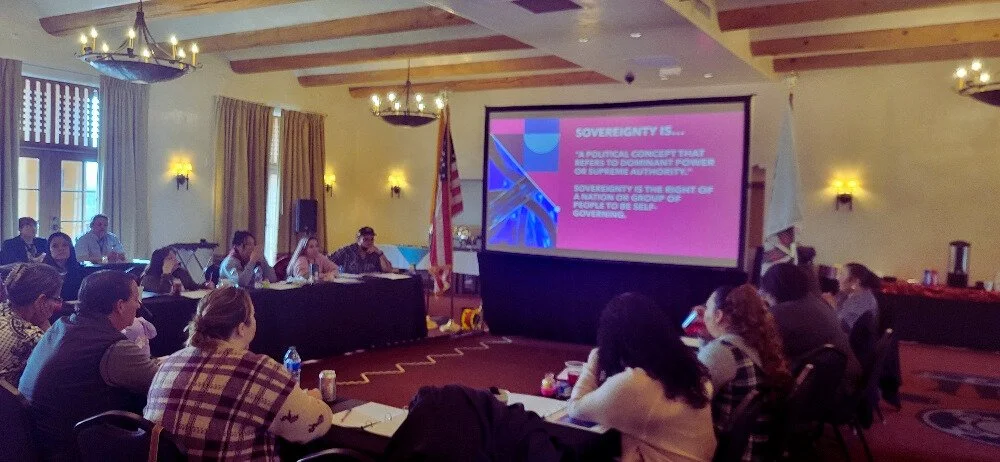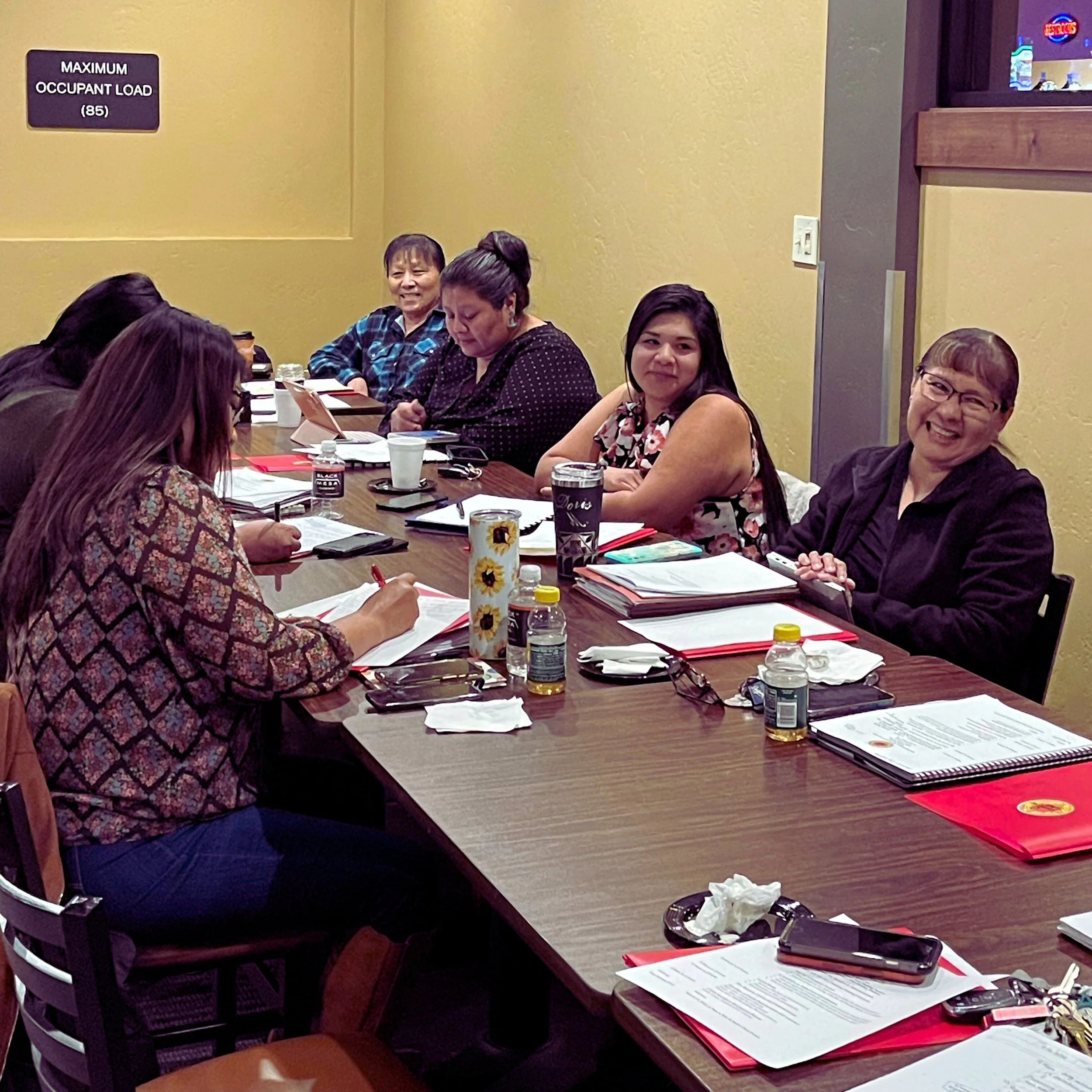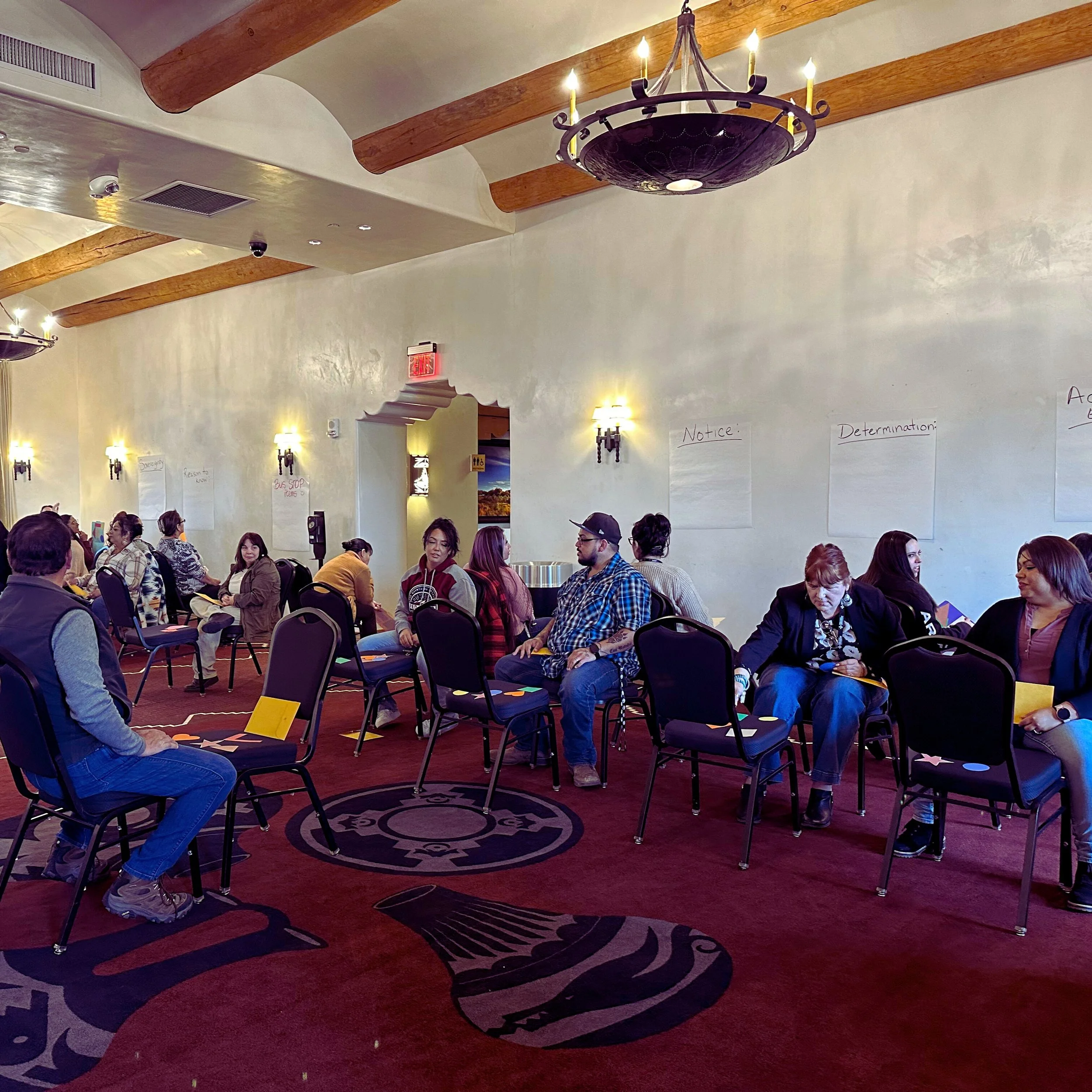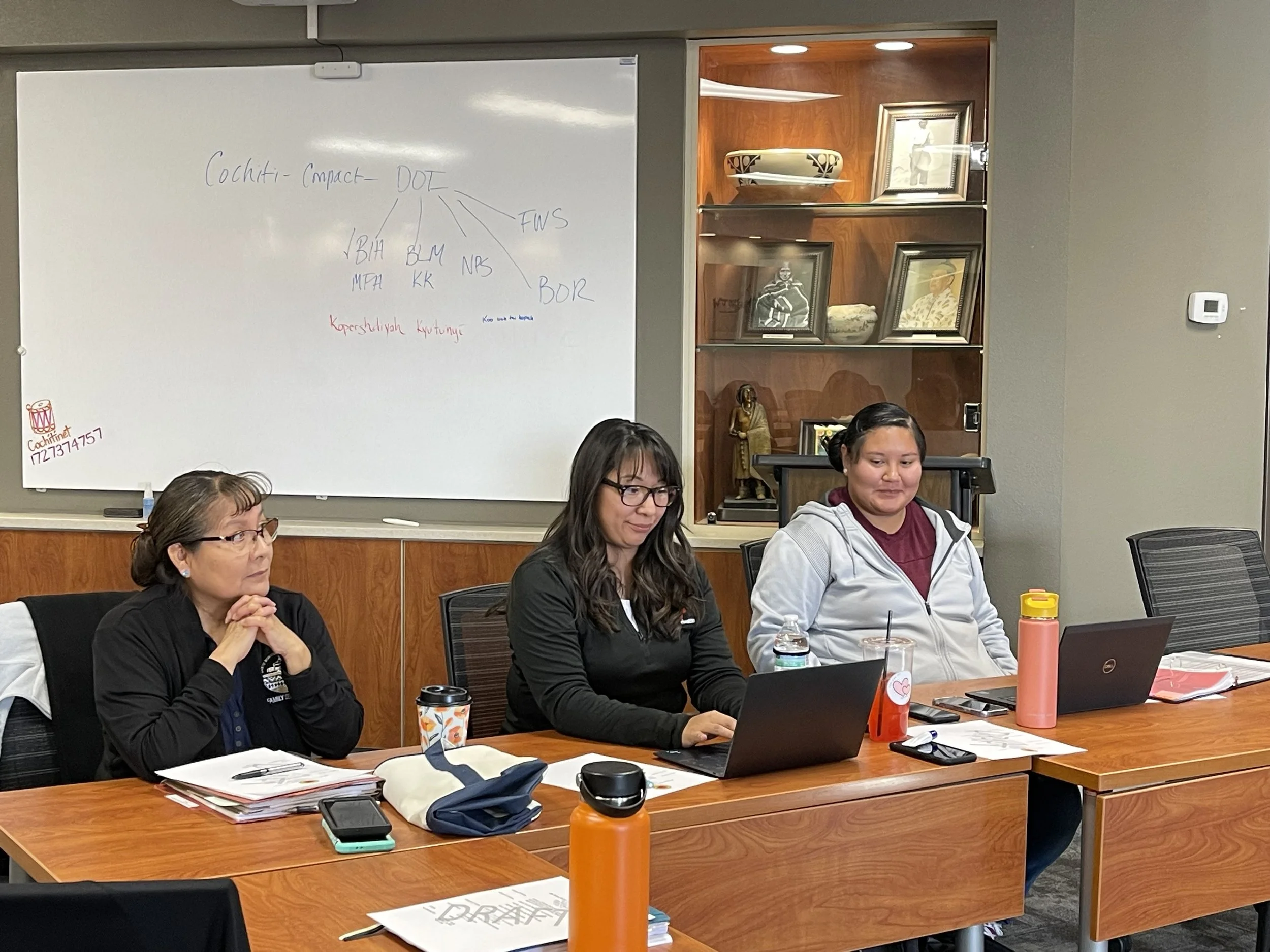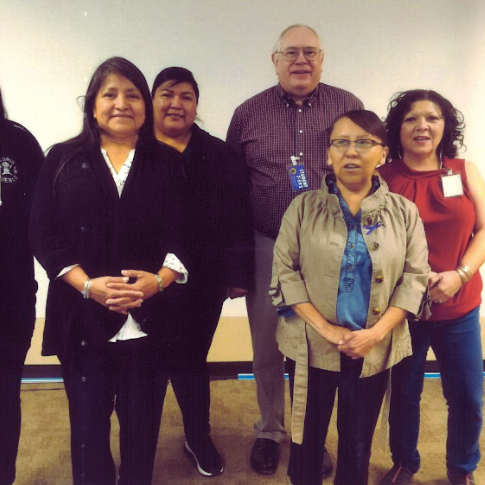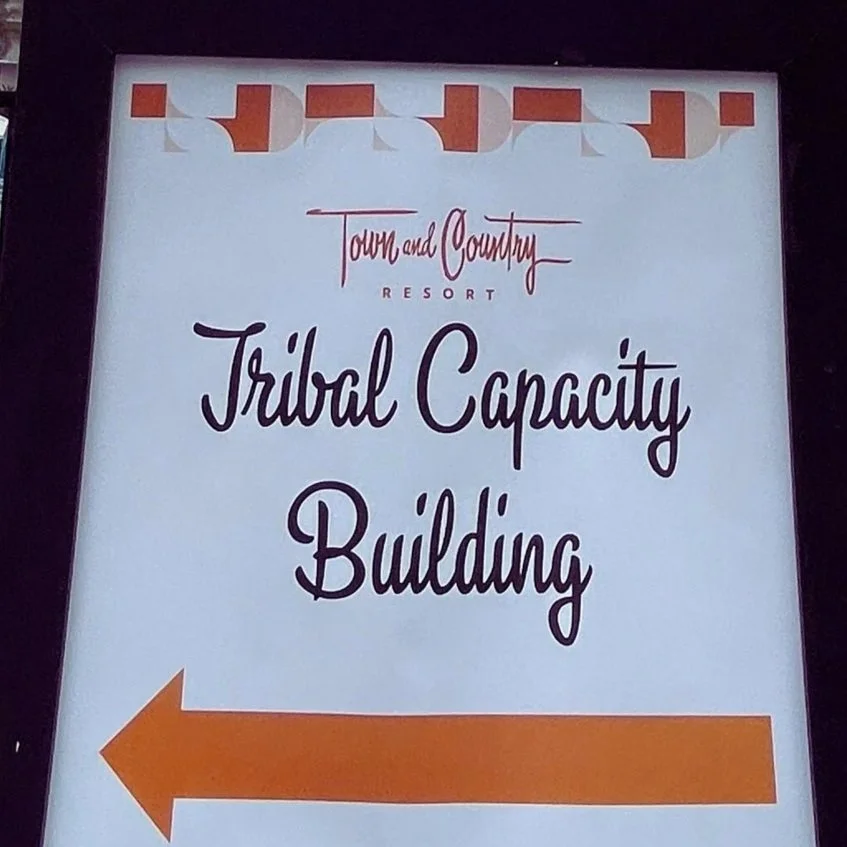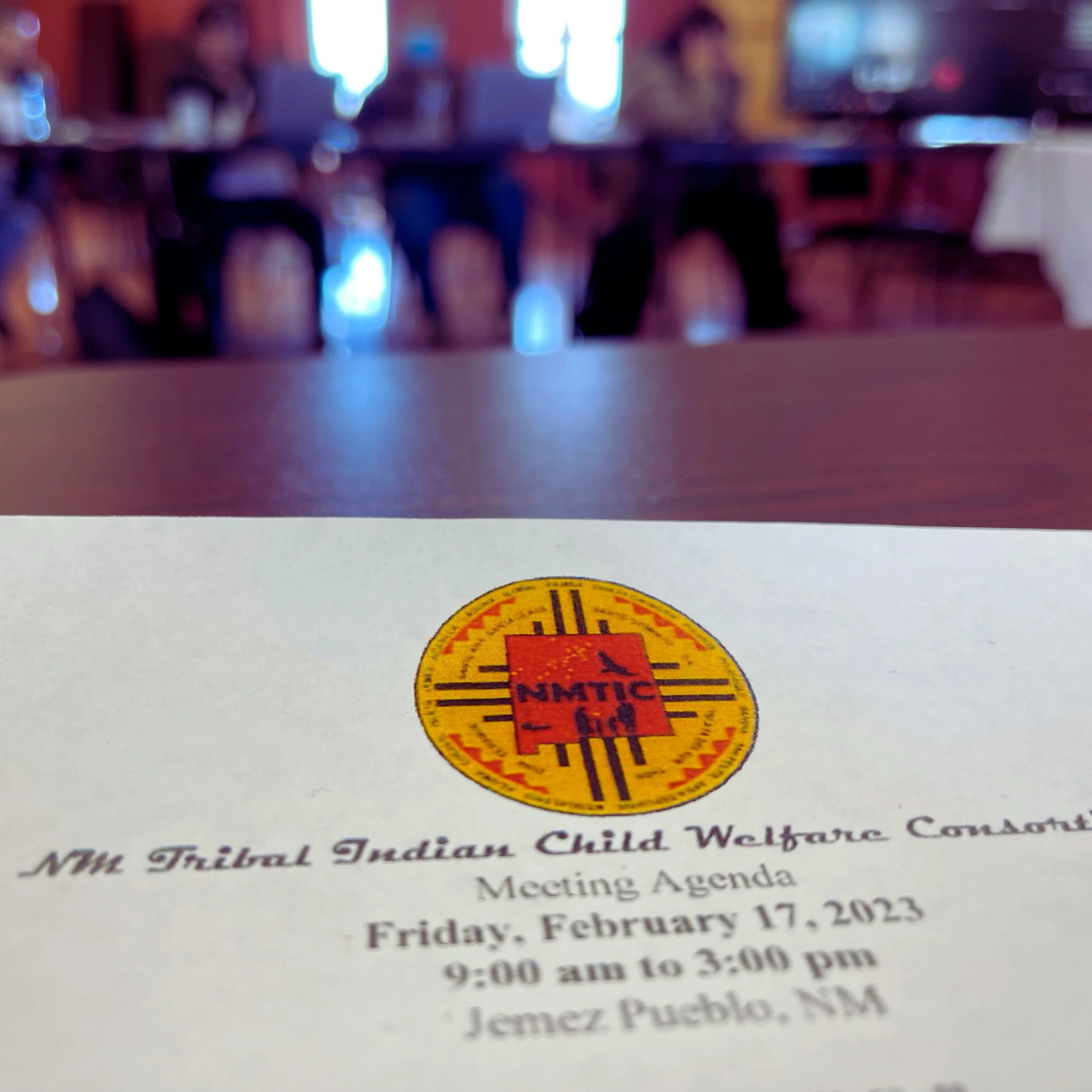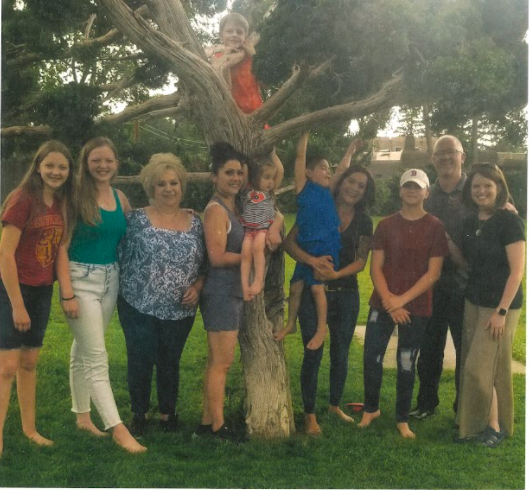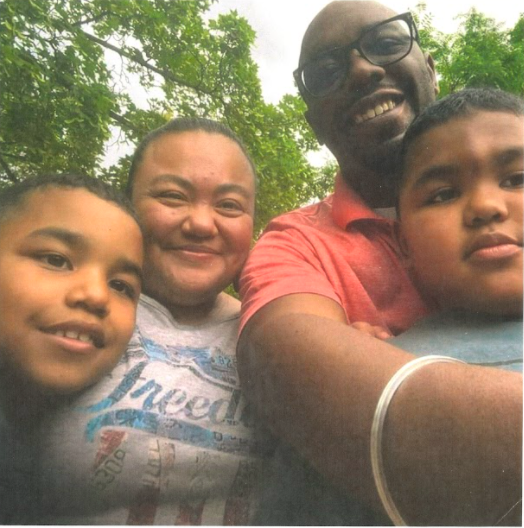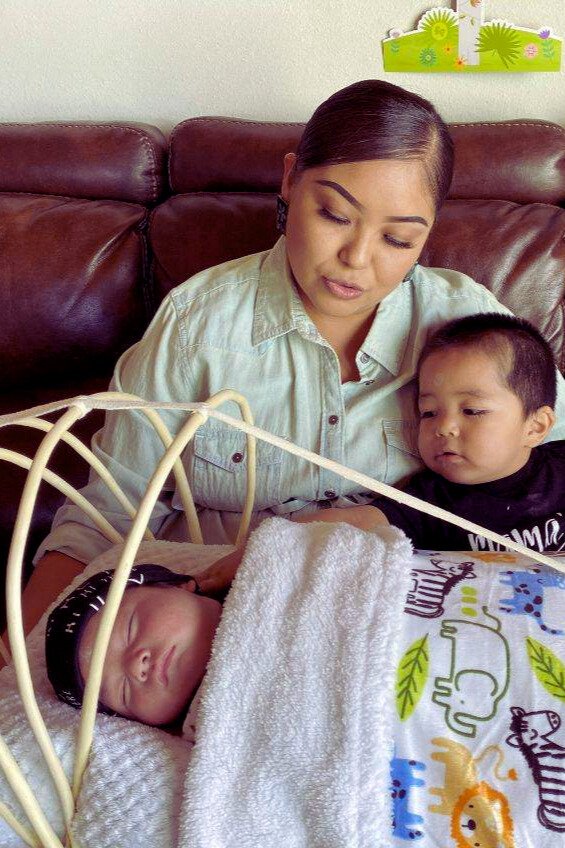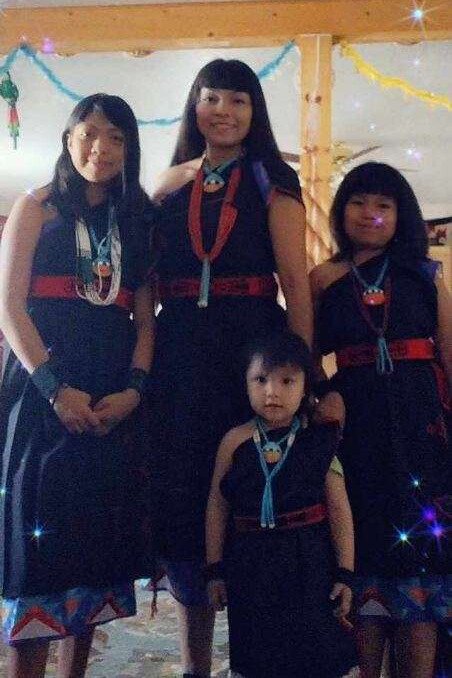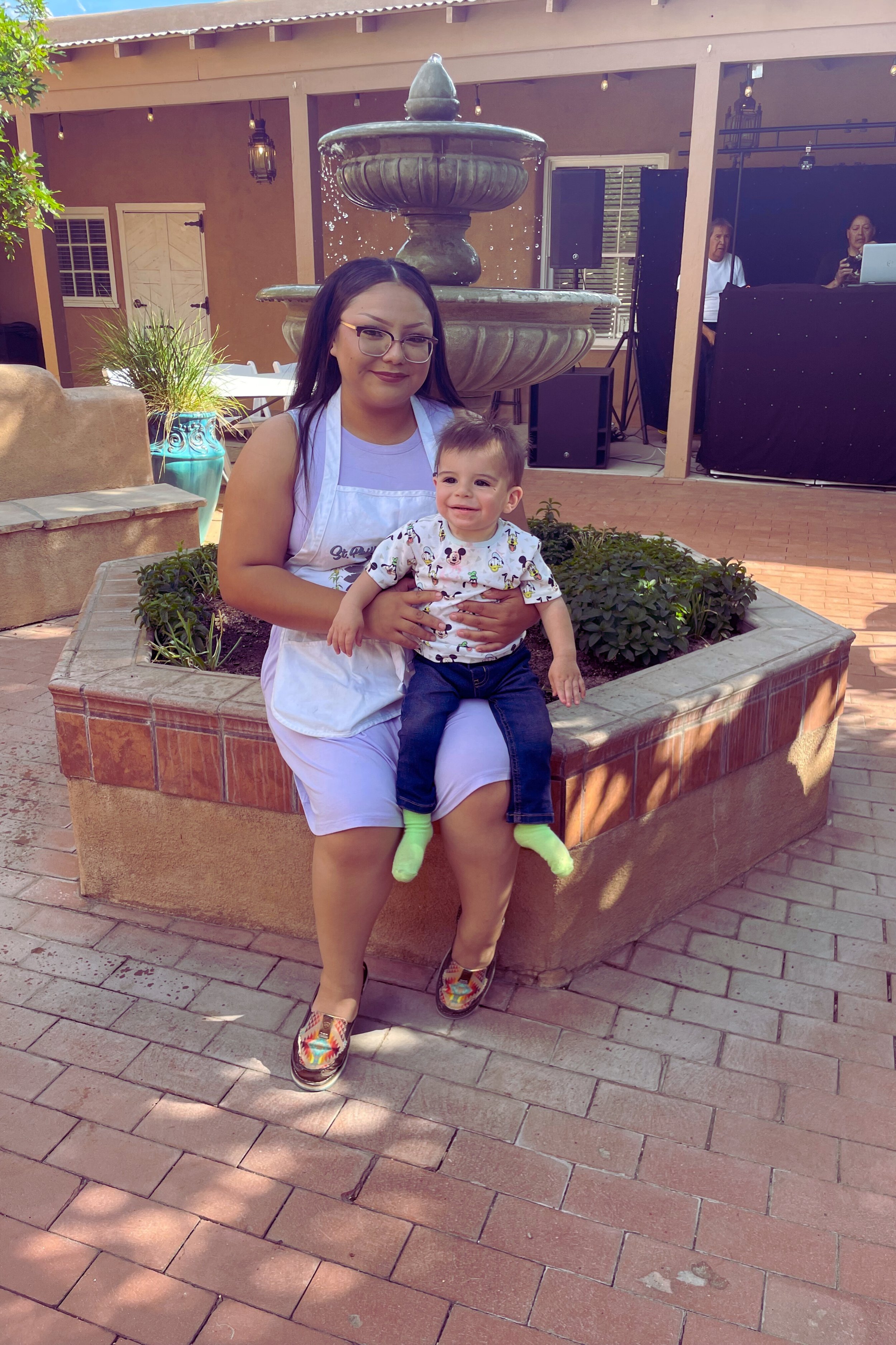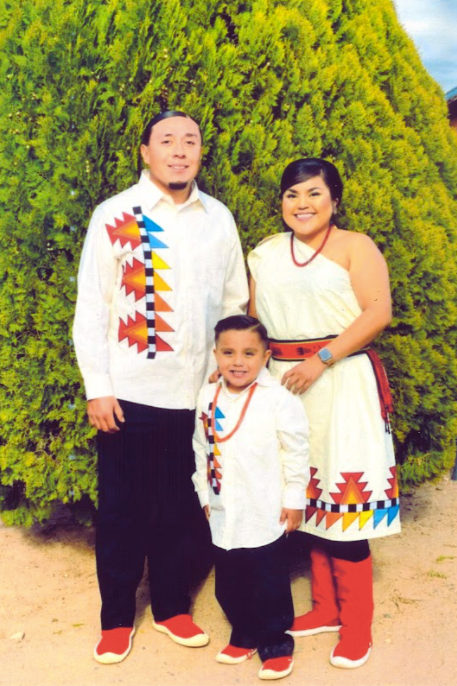
WHAT
WE DO
NMTIC works to address the issues of child abuse and neglect through culturally competent & appropriate trainings, public policy, grass root community development, and cross training with child welfare entities. NMTIC also works to support compliance with the Indian Child Welfare Act of 1978, which seeks to keep Native Children with native Families.

Training
NMTIC works collaboratively with its partners to strengthen child welfare practices and cultural integrity in compliance with ICWA and the state-level Indian Family Protection Act (IFPA).
NMTIC remains a recognized body of expertise in Tribal Child Welfare, providing training courses and refresher sessions to its seated members to ensure the most current information and best practices are maintained.

Public Policy + Community Development
NMTIC provides public policy aid and reform by analyzing legislation, advocating for tribal sovereignty, and helping tribes develop culturally rooted laws and procedures. At the same time, it contributes to community development by strengthening child and family services, training the workforce, fostering partnerships, and advancing cultural revitalization as a foundation for wellness and resilience.

indian children
welfare act of 1978
NMTIC reinforces ICWA by standing with tribes, families, and children to protect the sacred bond between Native people and their future generations. We achieve this by defending sovereignty in the courts, providing families and workers with knowledge and training, assisting tribes in building their own systems of care, holding outside agencies accountable, and consistently highlighting the strength of culture and kinship. In every way, NMTIC reminds the world that Native children belong with Native families; when our children are strong, our people are strong.

New Mexico Indian Family Protection Act (IFPA)
Tribes contributed to the Indian Family Protection Act (IFPA) by bringing forward their lived experiences, cultural knowledge, and sovereign authority to ensure Native children are protected. Tribal leaders and ICWA workers shaped the law with teachings of kinship and cultural preservation, advocated for stronger protections like active efforts and placement preferences, and worked government-to-government with the state to embed tribal values into law.
Guided by tribal sovereignty and cultural values, NMTIC provides advocacy, training, technical assistance, and community support to ensure that Native children remain connected to their families, tribes, and traditions. Through this service, NMTIC reinforces that culture is protection and affirms the sacred responsibility of tribes to care for future generations.

